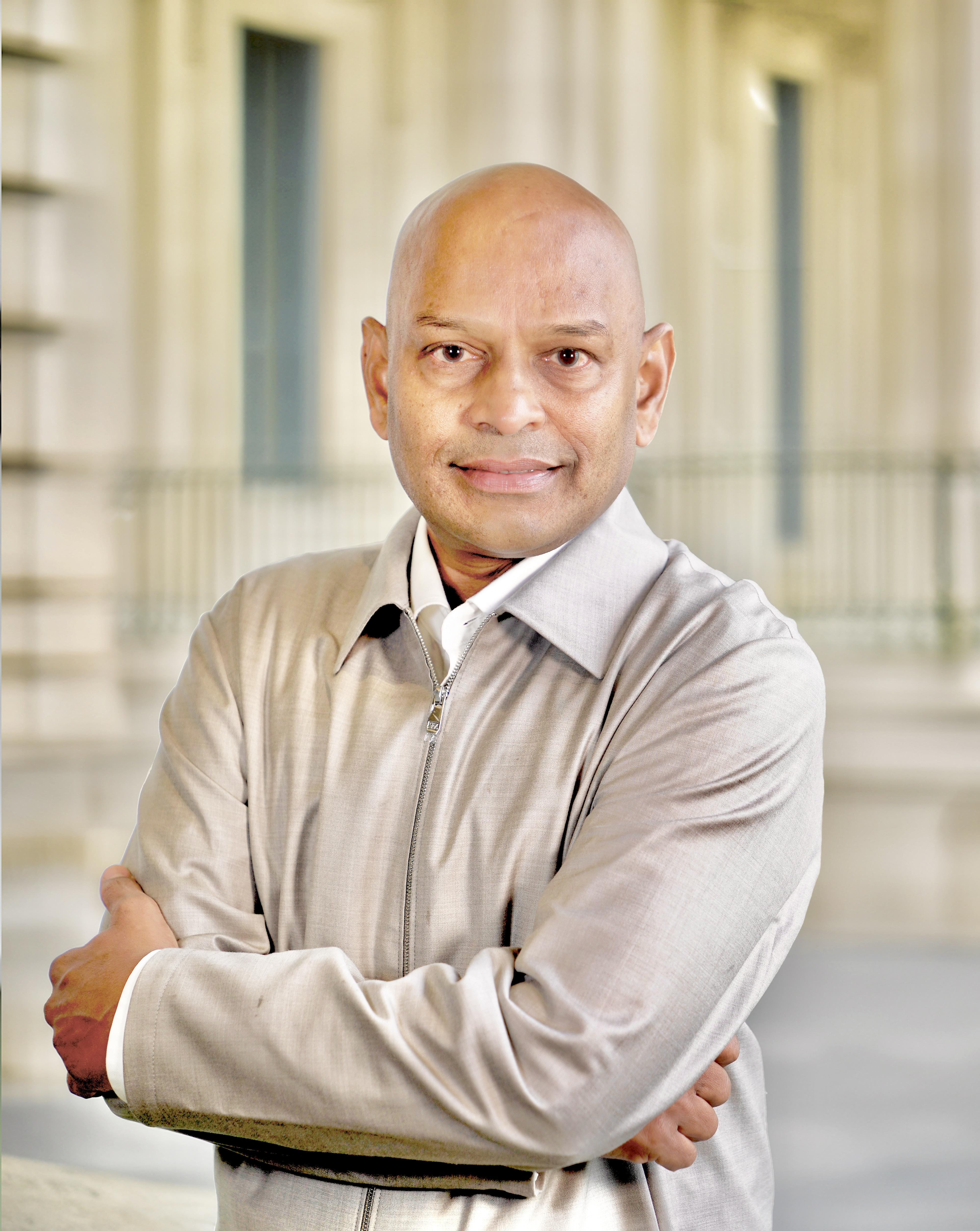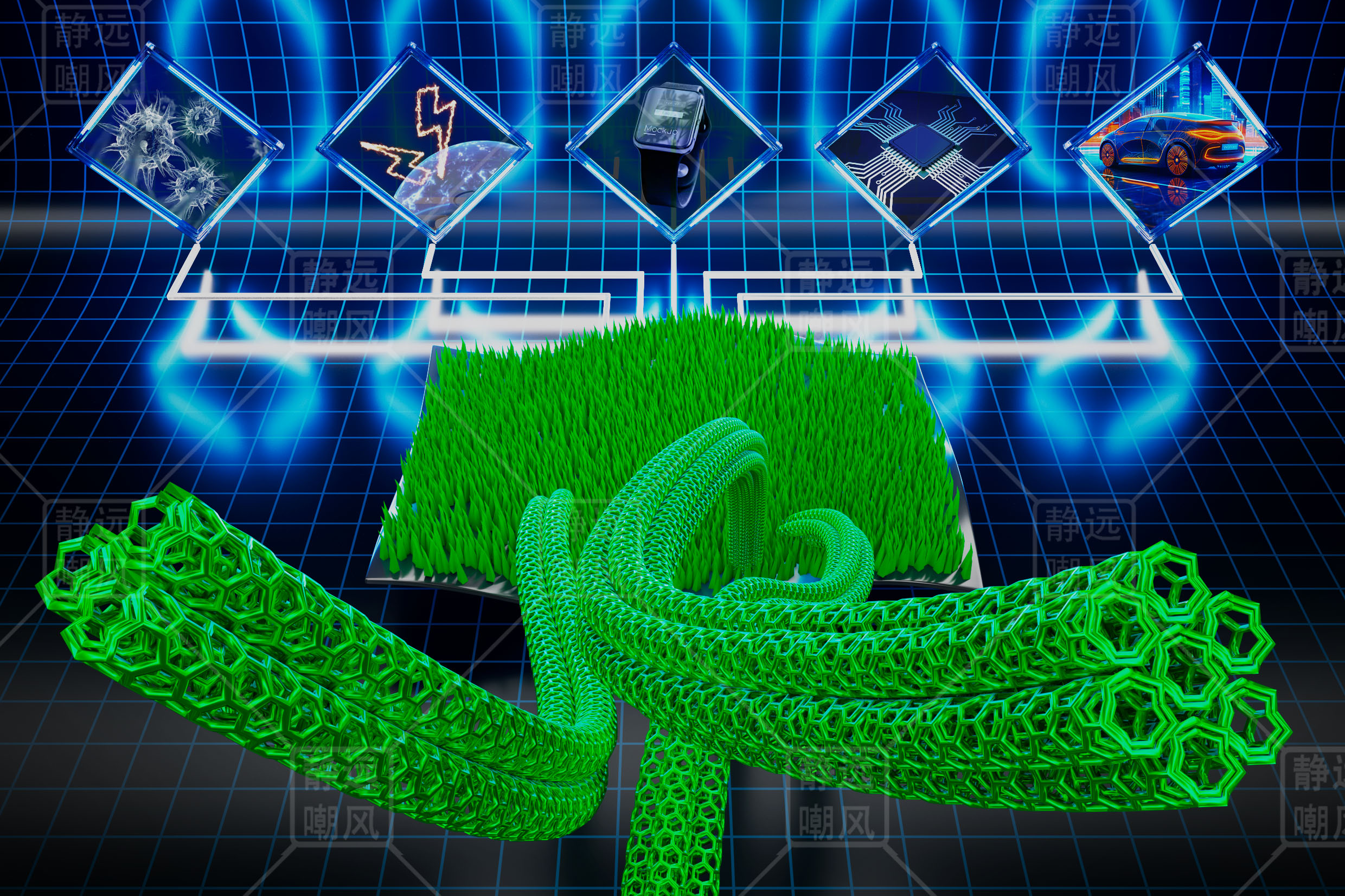From Spinning Cotton Candy to Shaping the Future

At first glance, the art of spinning cotton candy by street vendors might seem to have no link to the cutting-edge world of nanotechnology. However, according to Professor Seeram Ramakrishna of the National University of Singapore (NUS), the two scenarios share an unexpected connection.
"Using high-voltage electricity on solutions, we produce a range of nanomaterials, much like how candy threads are spun," Ramakrishna explained in a recent interview with Science and Technology Daily, drawing a vivid parallel between everyday life and scientific innovation. Over the years, he and his team have customized this electrospinning technology to advance a wide range of applications, making science and technology relevant to our daily lives.
His research has earned him global recognition, including being named "one of the world's most influential scientific minds" by Reuters. With a H-index exceeding 200 and about 200,000 citations, Ramakrishna's contributions to academia are indisputable.
An unexpected start in research
Despite these achievements, his path to nanotechnology was as much a surprise to him as to anyone else. When asked what initially inspired him to study nanomaterials, Ramakrishna said, "It was serendipity," adding that, "A challenge was given to me to pioneer nanotechnology in Asia."
His background in materials science and engineering, coupled with a natural curiosity, led him to explore how nature's intricate structures could inspire innovative technologies.
"I've always been fascinated by how natural material, from biological tissues to non-biological elements, are arranged from the nanometer scale to the macrometer scale," he said, and nanomaterials mimicking nature can improve the performance of various engineering solutions and products.
This interest soon translated into tangible results. From drug delivery systems to regenerative medicine, Ramakrishna's research is shaping the future of health care and beyond.
Innovations that change lives
While nanotechnology might sound abstract or futuristic, its impact is very real. One of Ramakrishna's most important contributions has been in improving air filtration systems. "Our research knowledge-based products have improved indoor air quality and provided personal protection against microbes and viruses," he explained, highlighting how his work directly benefits public health.
But the applications of nanotechnology go far beyond the present. Ramakrishna has a clear vision of where his research is headed. "In the coming years, nanotechnology advances will be used in regenerative medicine, drug delivery, air and liquid filtration, solid-state batteries, green hydrogen production, neural interfaces, and more," he said.

Diverse minds for common goals
From his perspective, a remarkable aspect of the 21st century is that human talent is distributed all around the world.
He said that, "Collaboration among diverse researchers leads to better solutions to the challenges humanity faces."
One recent example of a cross-border innovation he was involved in is the development of cooling systems for data centers. These energy-intensive facilities play a critical role in the digital age, but their high energy consumption is a concern.
Ramakrishna and his team developed a solution using metal organic frameworks in collaboration with a high-quality supplier in China, to reduce energy usage in cooling systems. "It's an example of how international cooperation accelerates innovation," he said.
'Because I like China'
Over the past three decades, a large number of Chinese researchers have been trained in the nanotechnology field and they are at various universities and organizations across China.
Over the course of his career, Ramakrishna has fostered strong ties with China, a relationship that has profoundly influenced his research.
Together, Ramakrishna and his Chinese collaborators have made remarkable progress. "We advanced the field of nanotechnology, giving researchers worldwide valuable tools," he said.
But his connection to China is not just professional. His social media profile features a cartoon panda, signaling his fondness for the country. What Ramakrishna appreciates most about Chinese culture are values that resonate with his own approach to life and science. "The emphasis on sustained efforts, collective work, and strategic thinking resonates with me," he said.
Words for the next generation
For young science researchers hoping to make a significant impact, Ramakrishna offers simple yet practical advice: "Stay curious, be willing to take risks, and build diverse networks." He emphasizes the importance of interdisciplinary collaboration, which allows researchers to tackle complex challenges and view their fields and life from different perspectives.
"Cross-field collaboration not only brings new knowledge and skills to the table but also helps researchers grow personally," he added, encouraging the next generation to explore the frontiers of science with an open mind.
This article was also contributed by Ren Wei from the Shandong provincial science and technology department.






